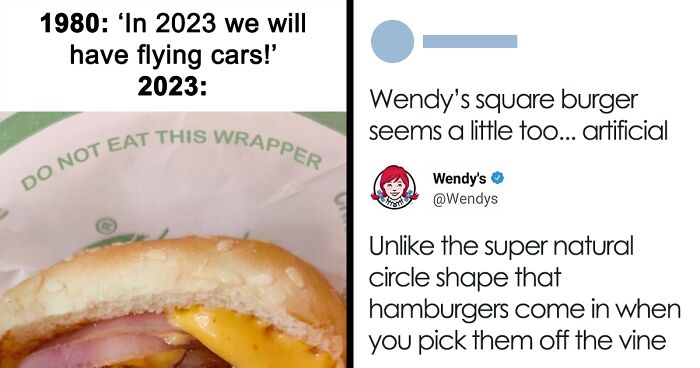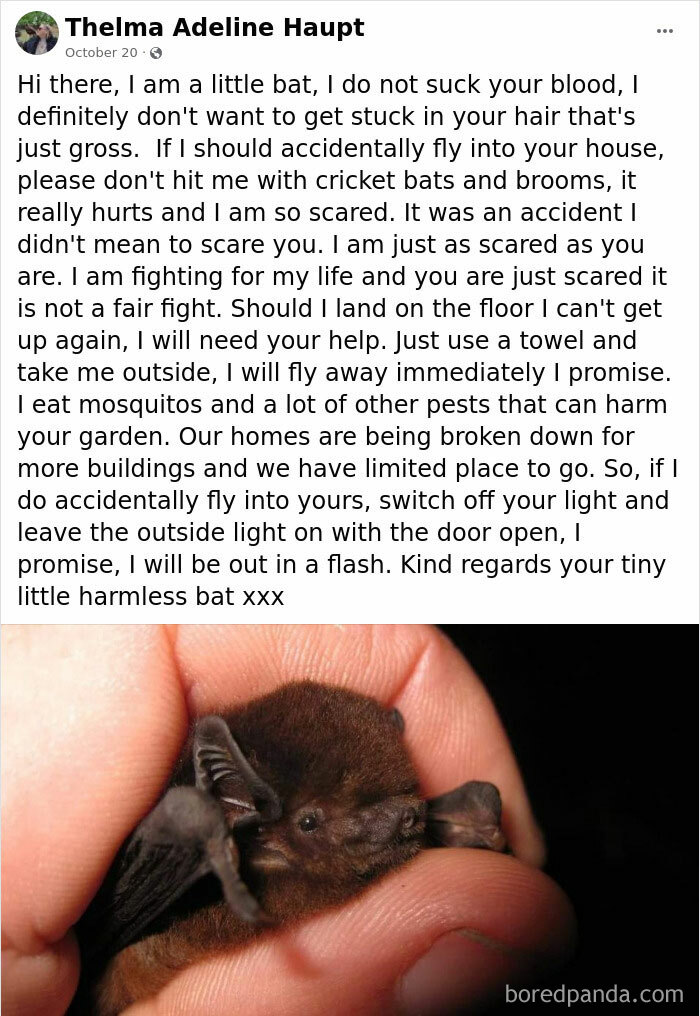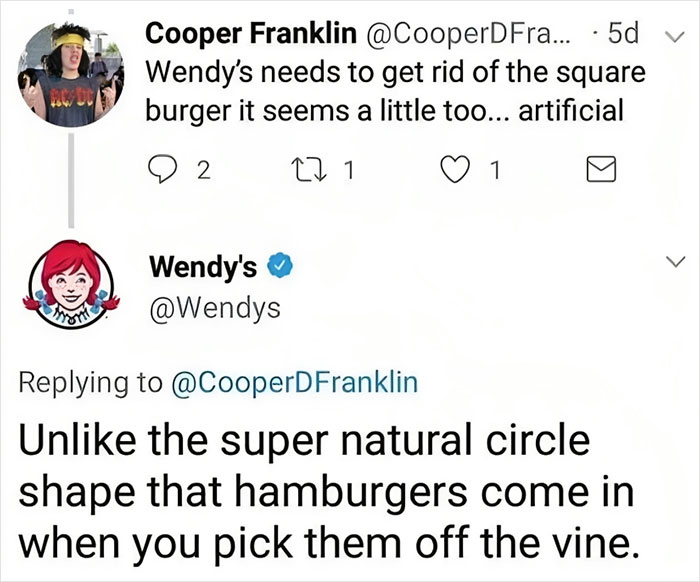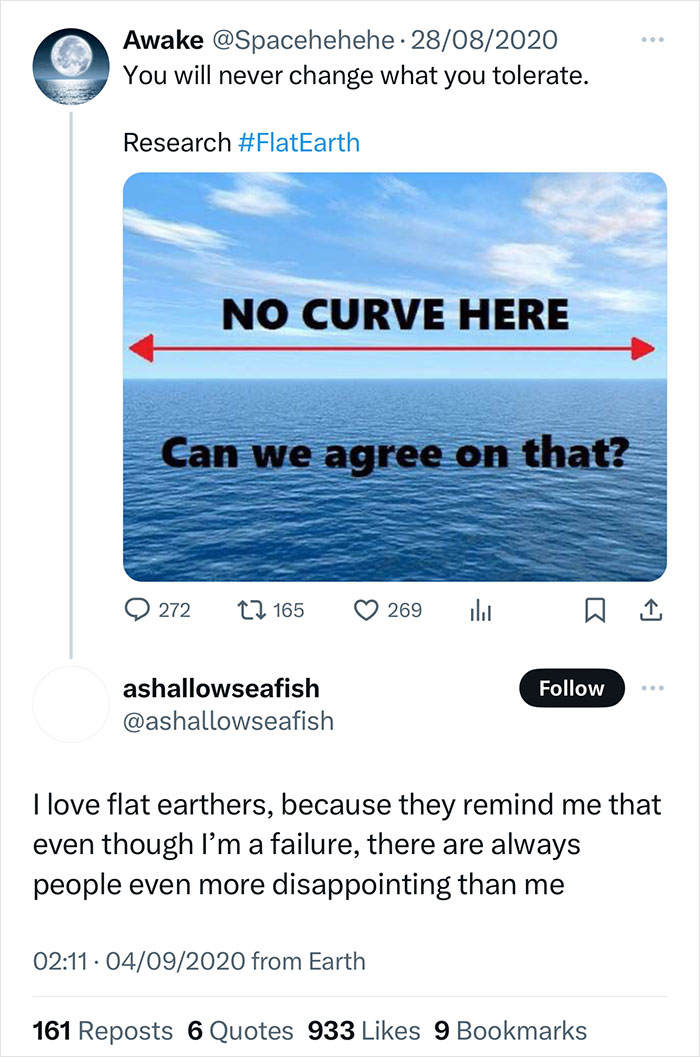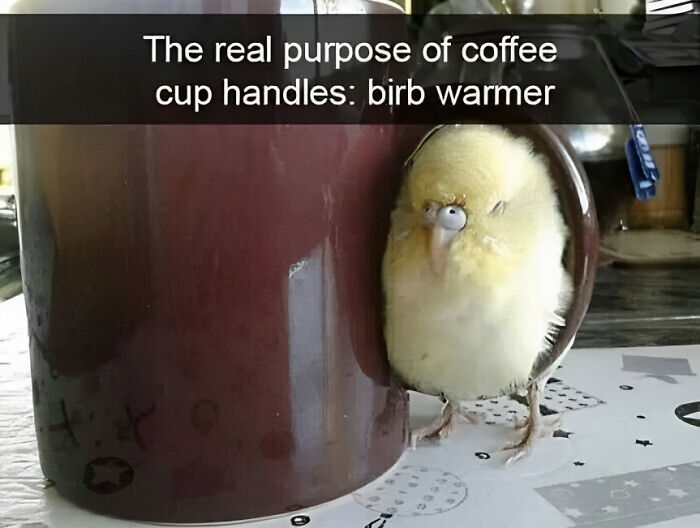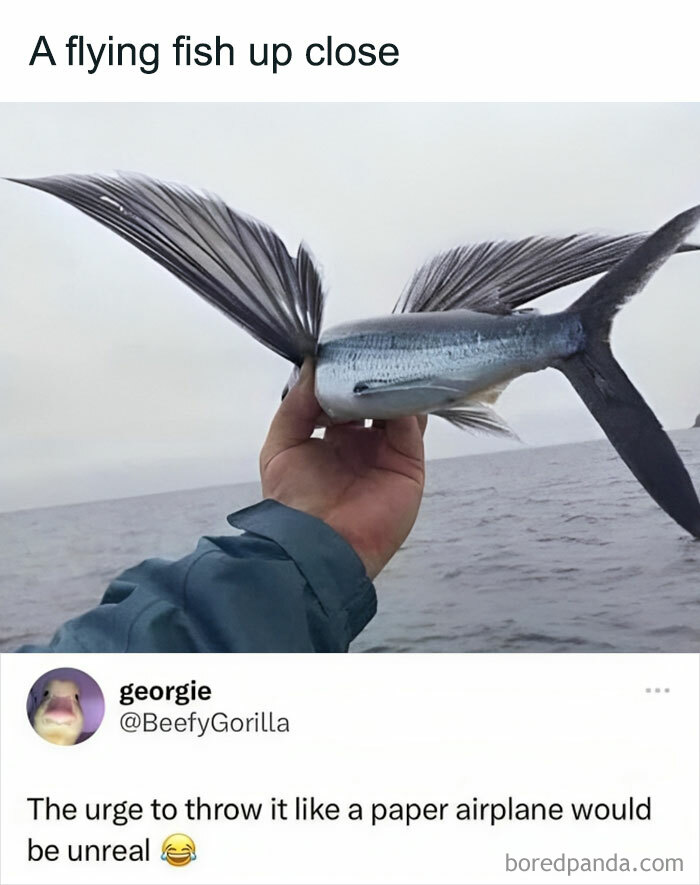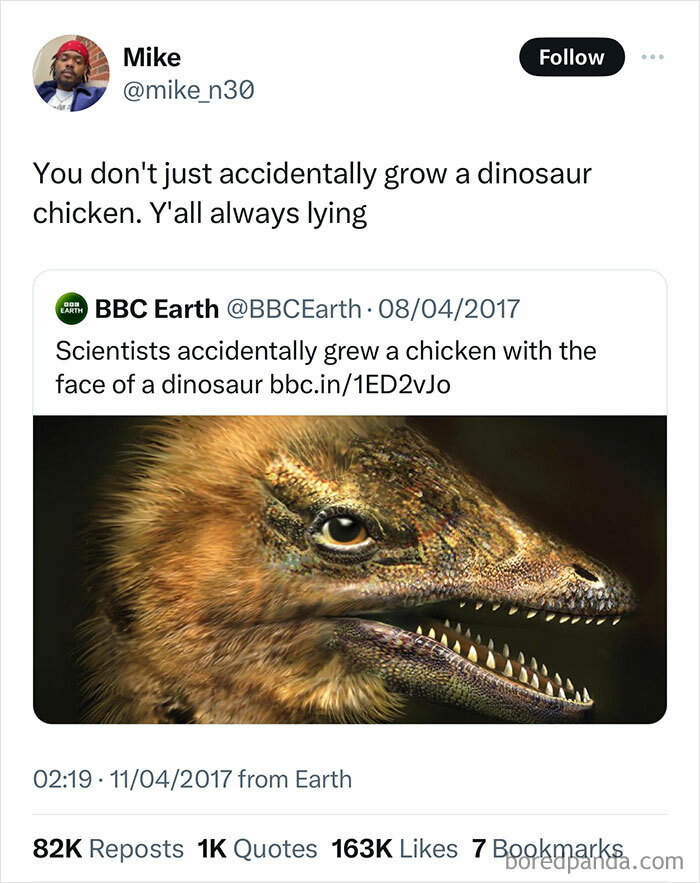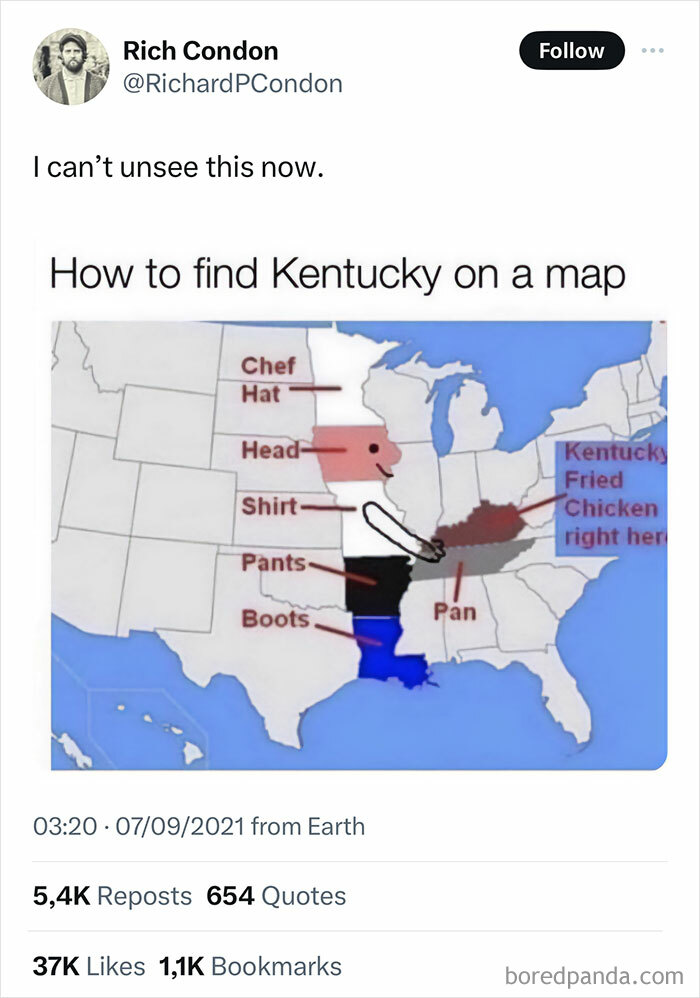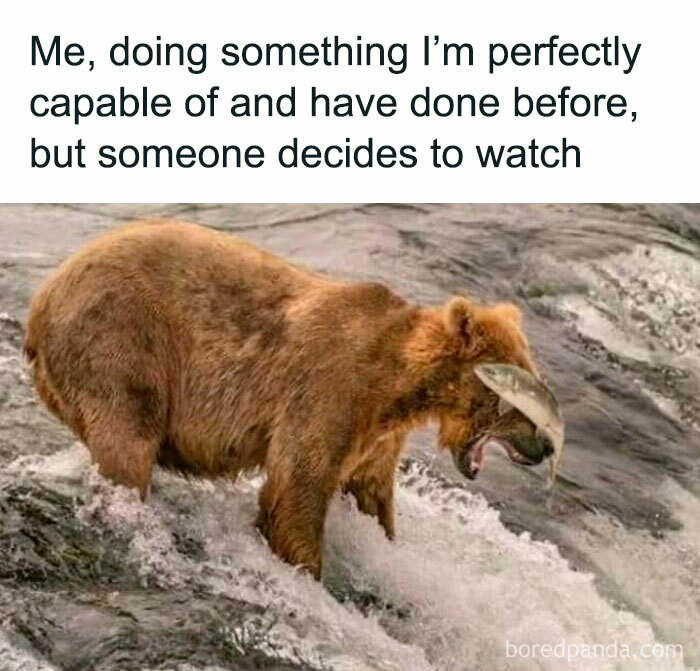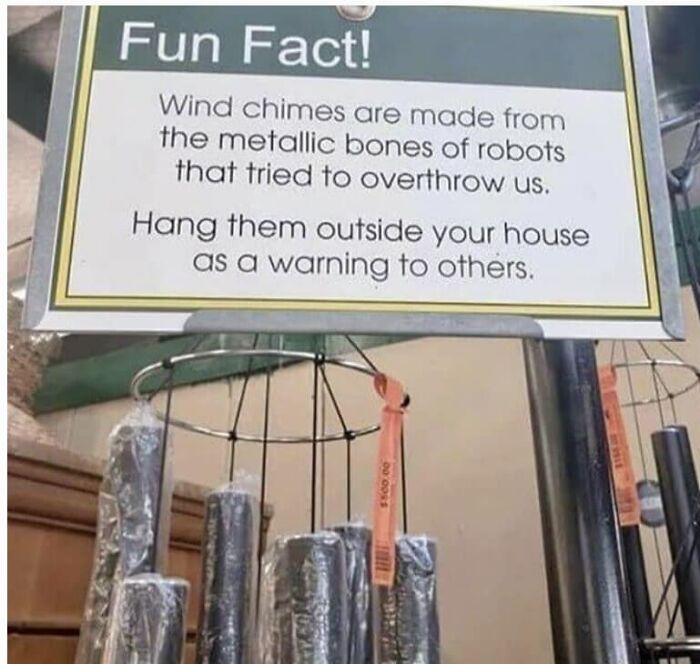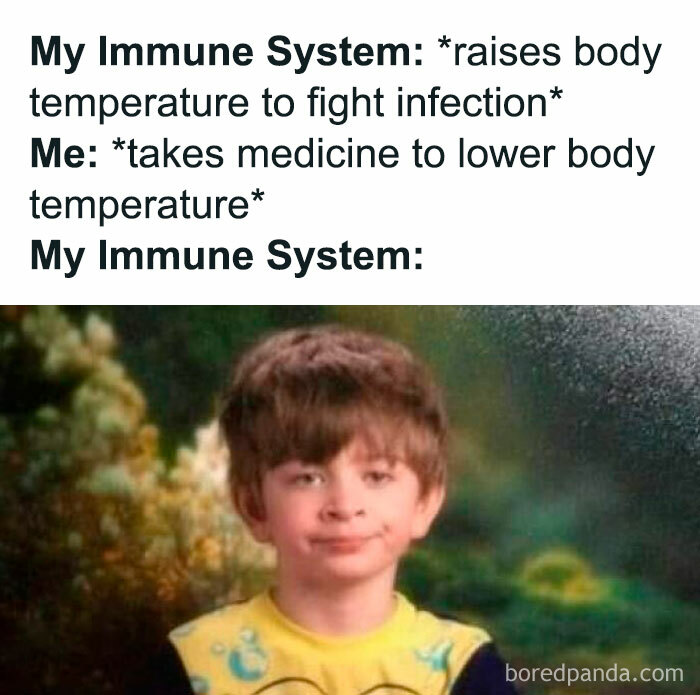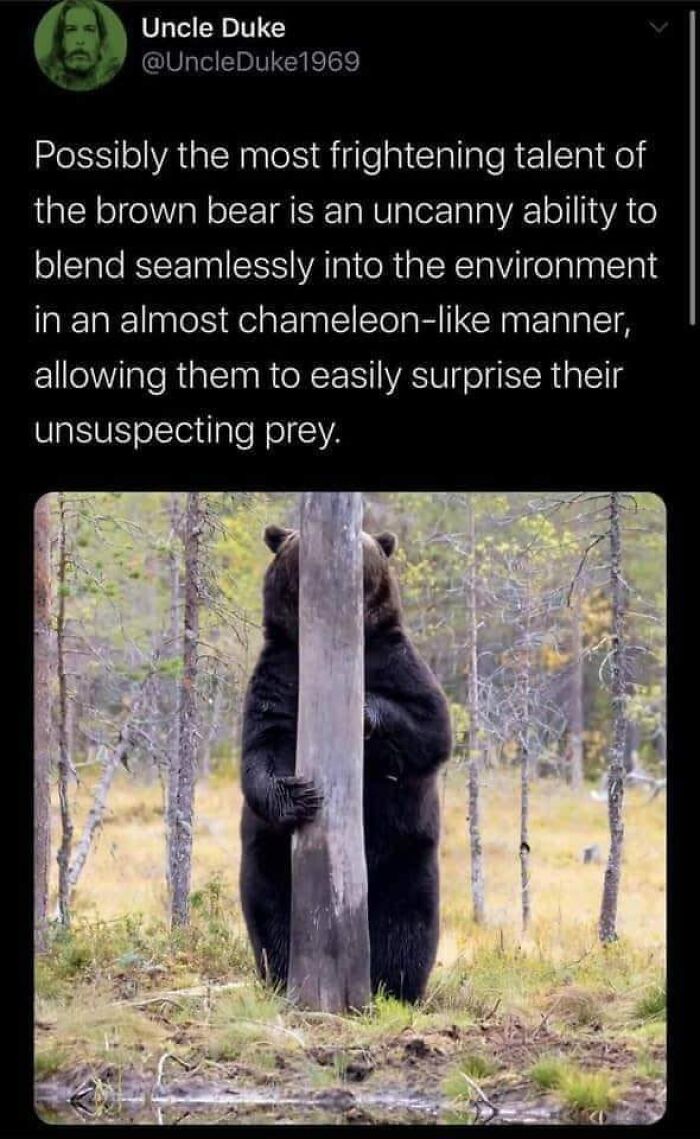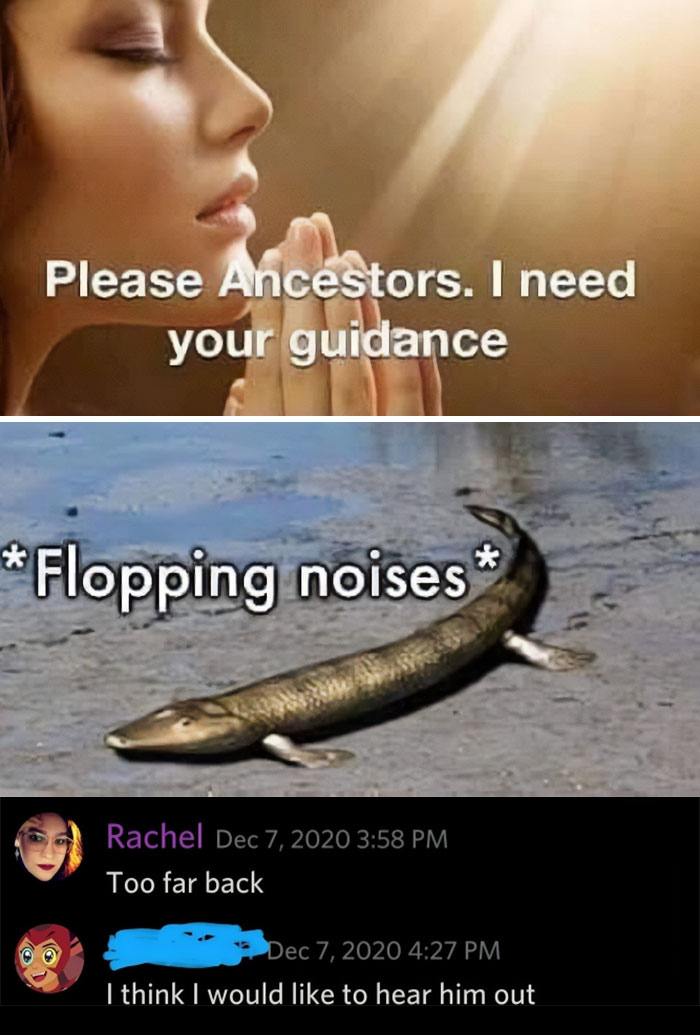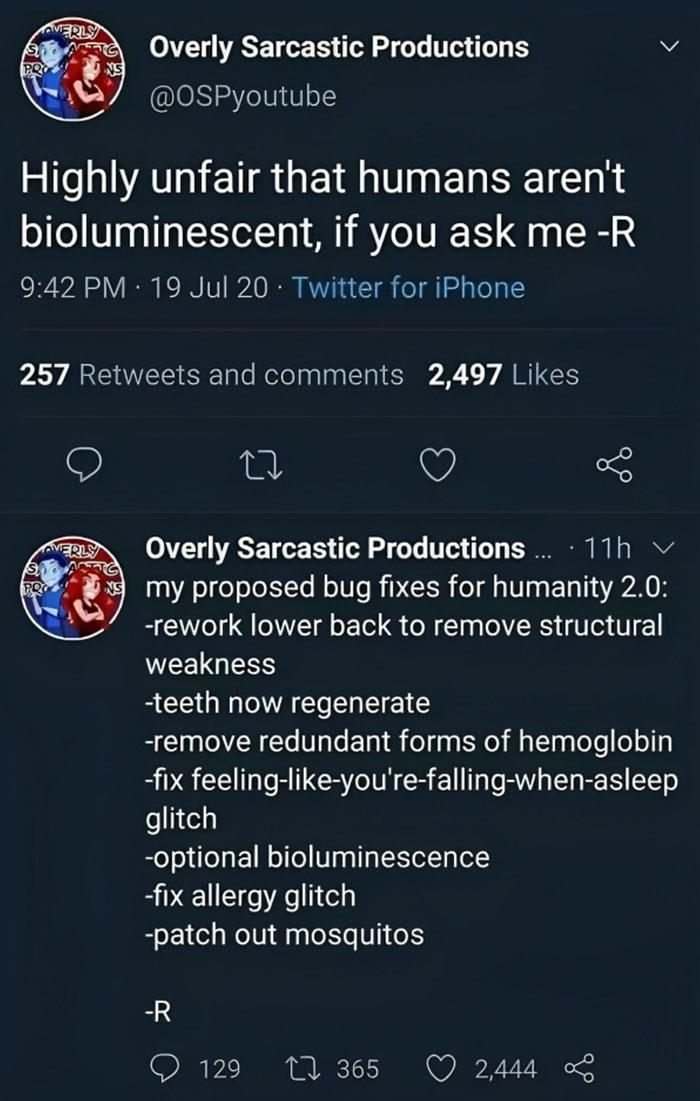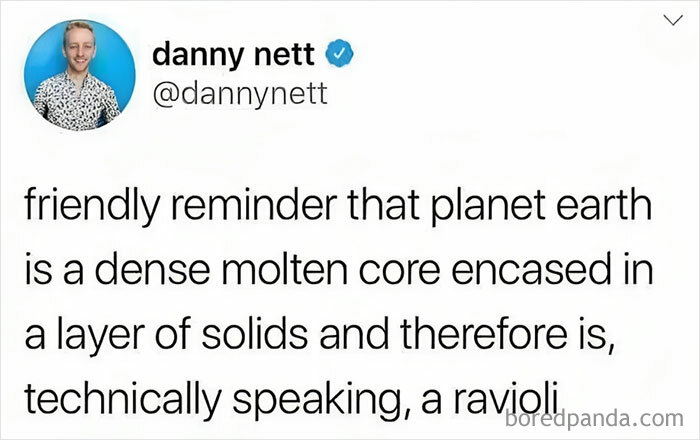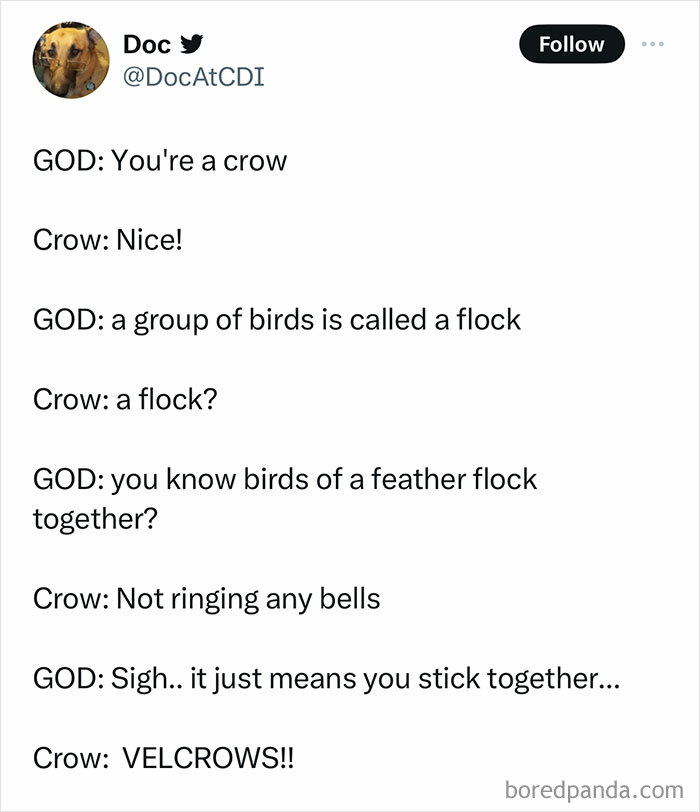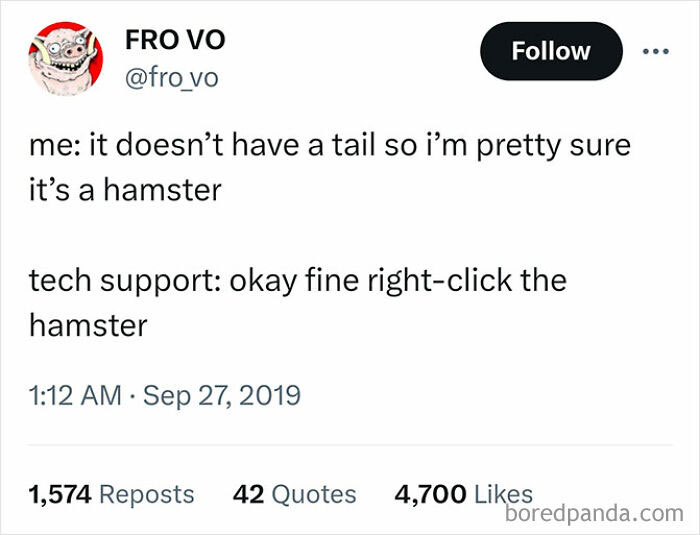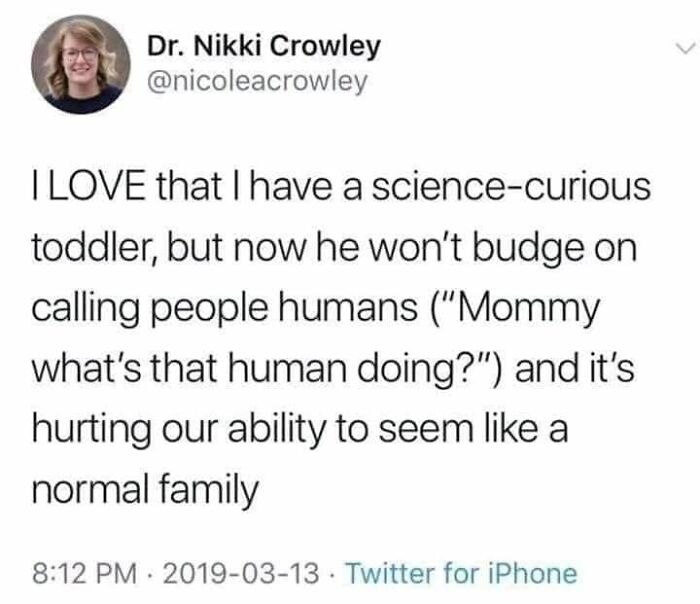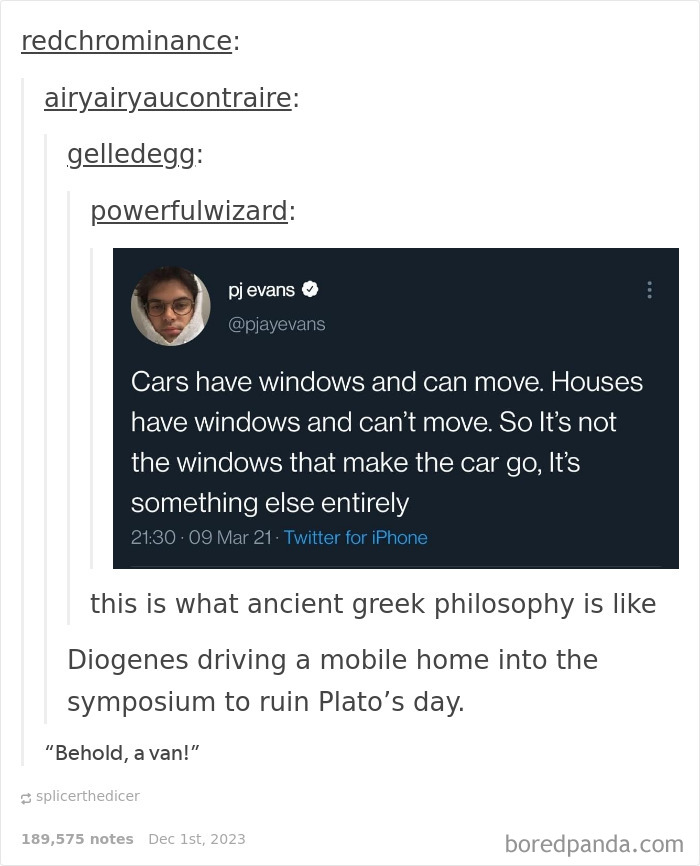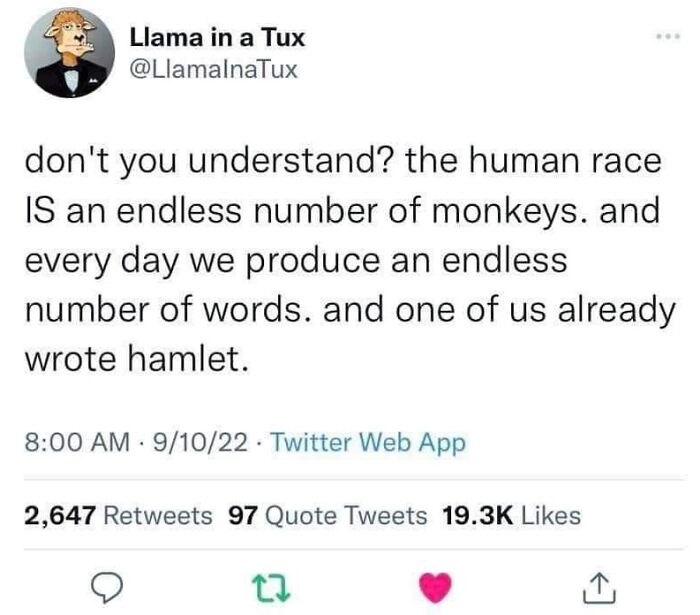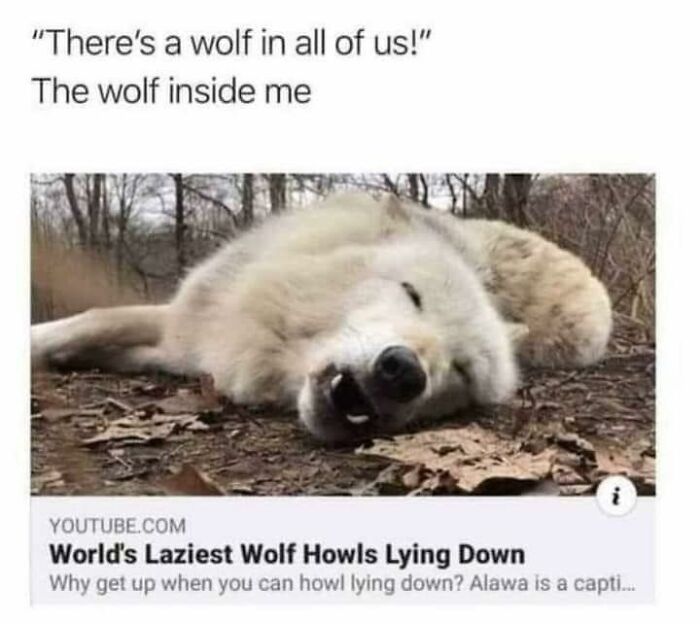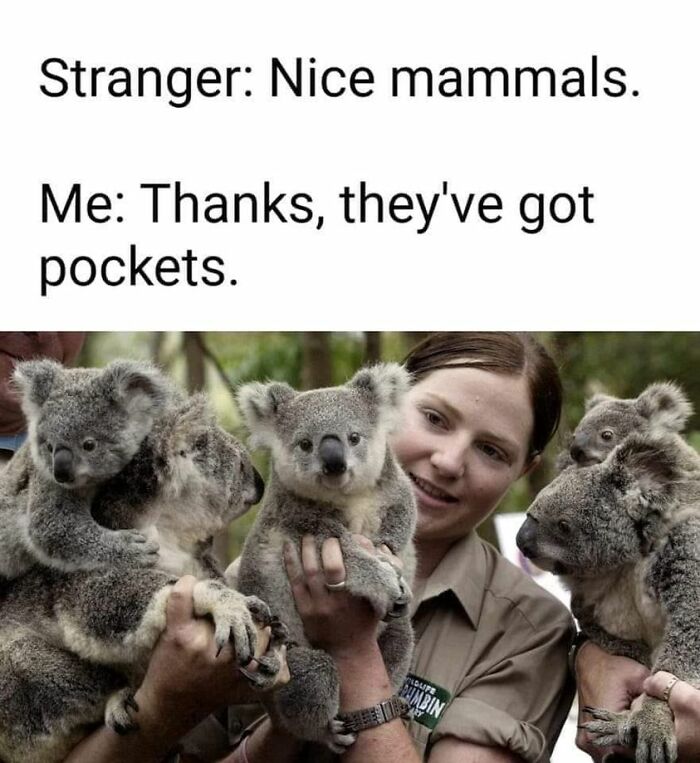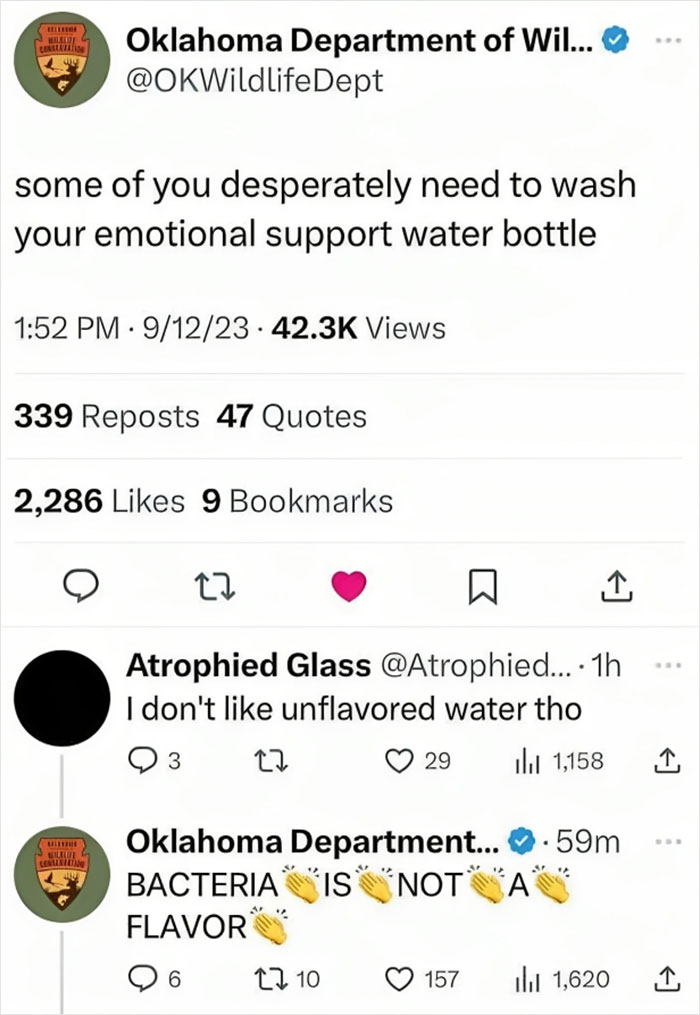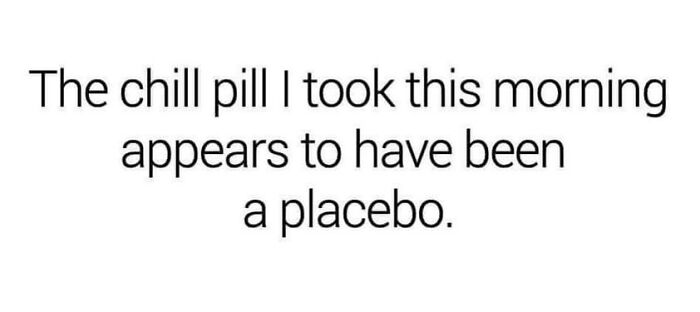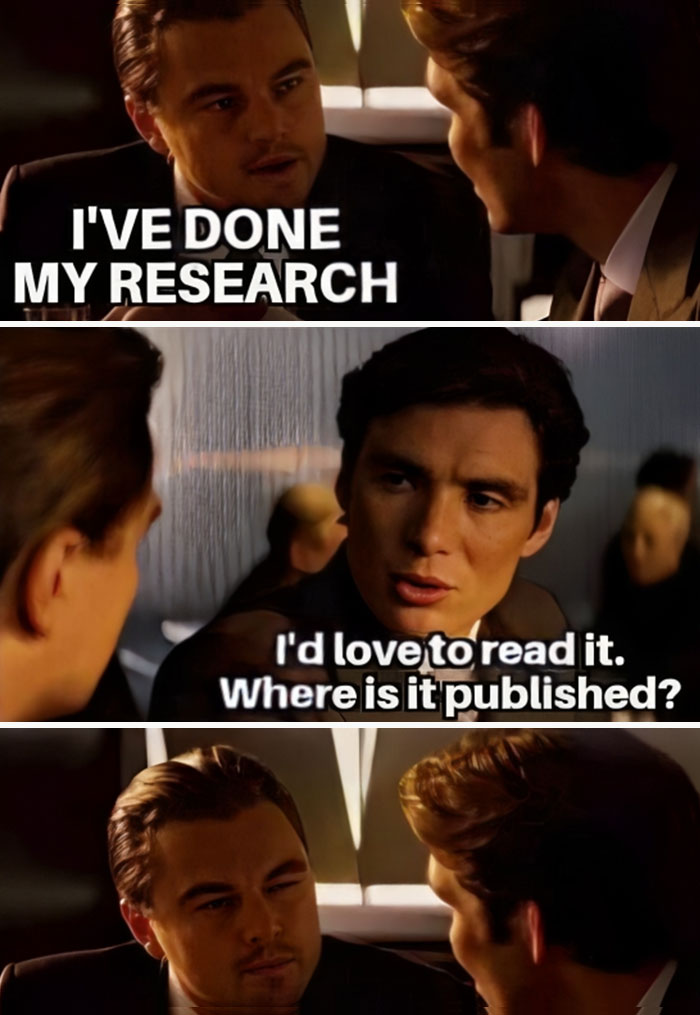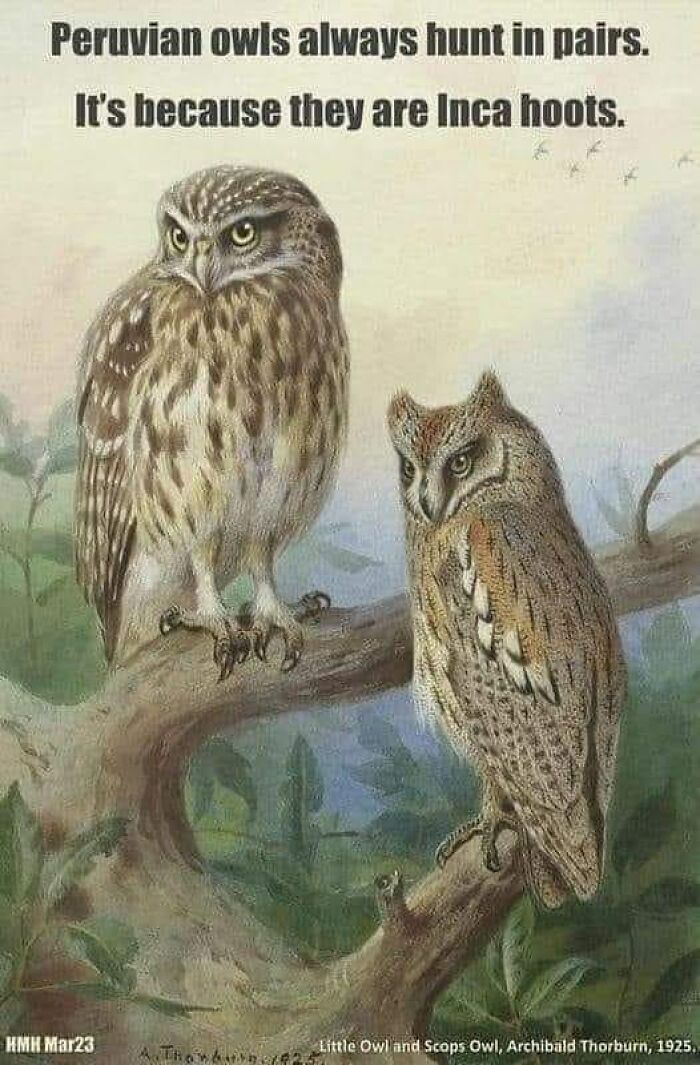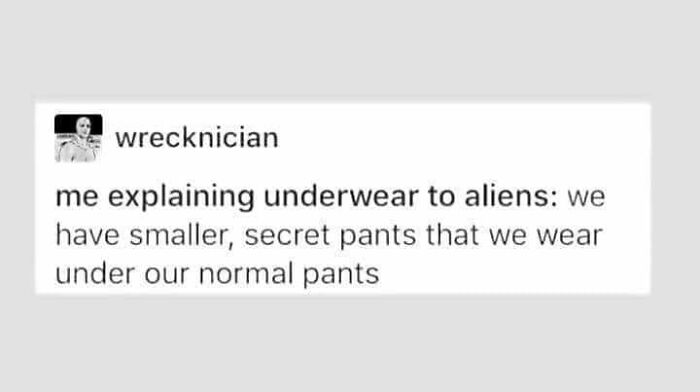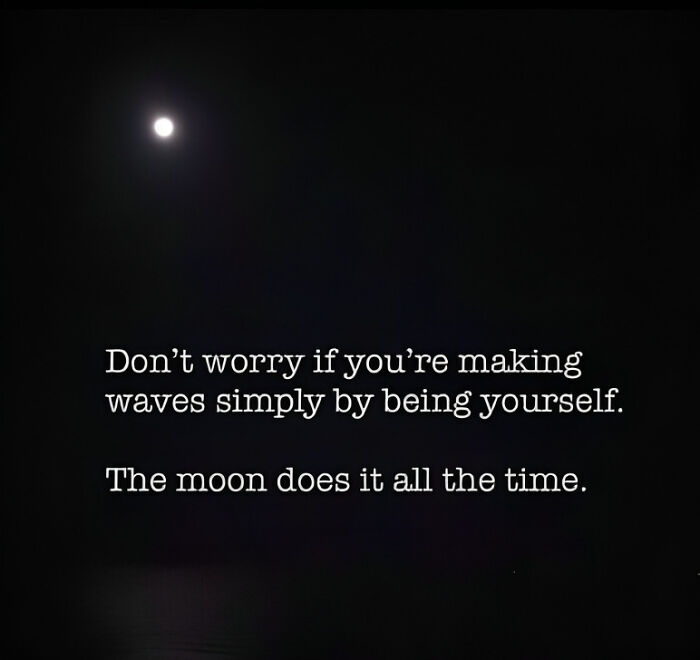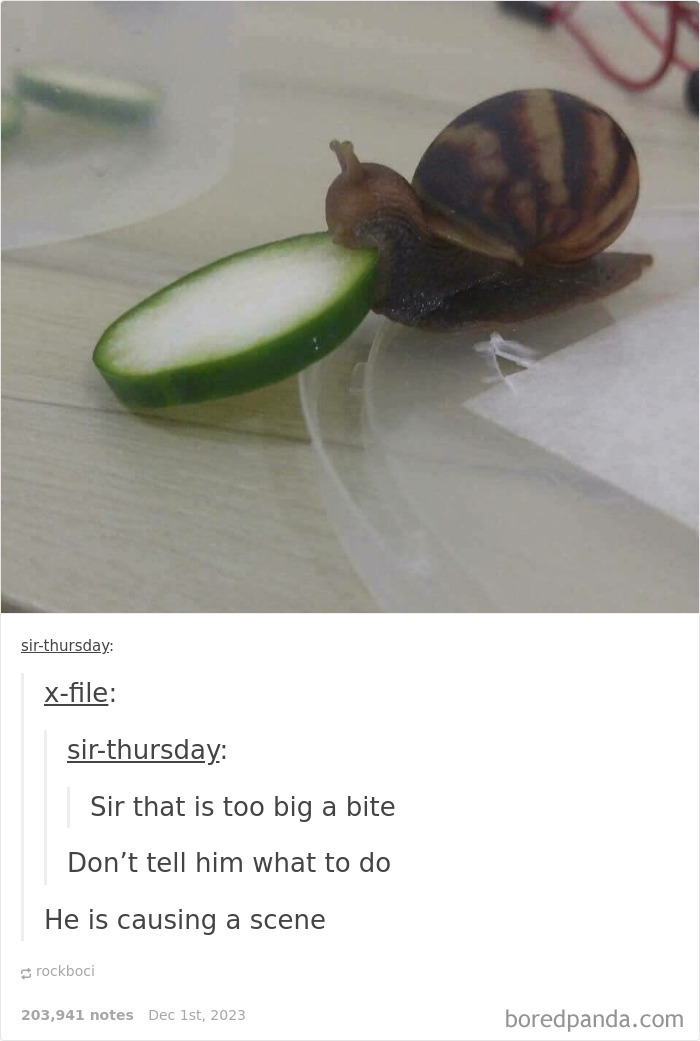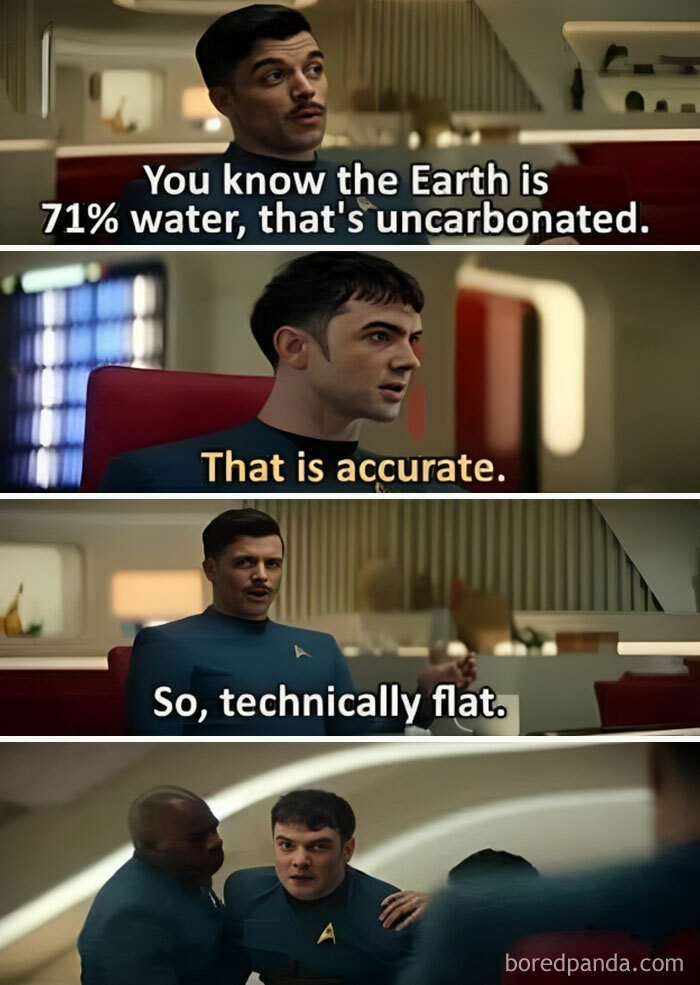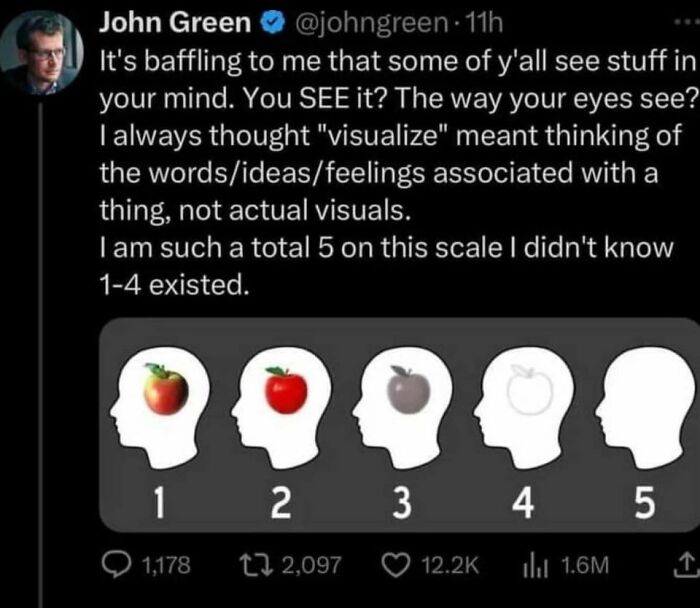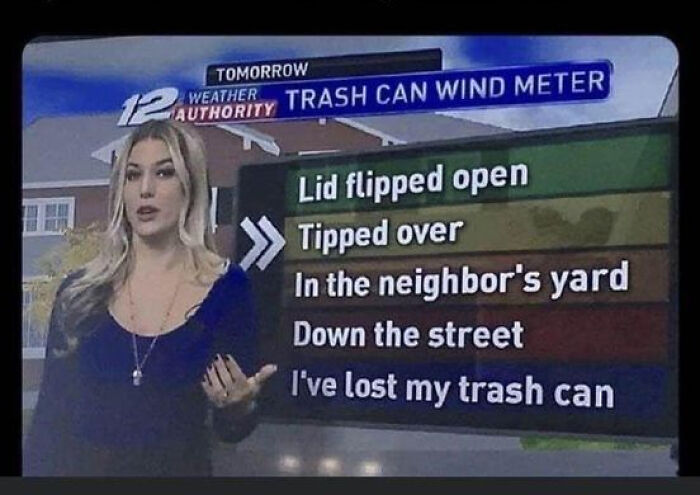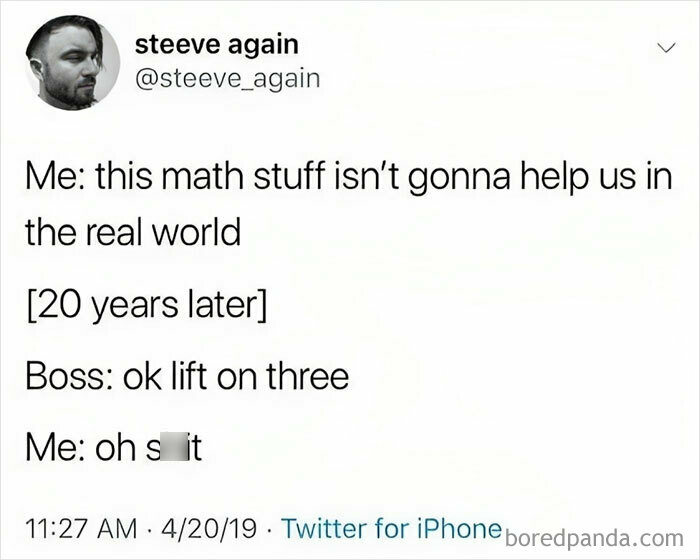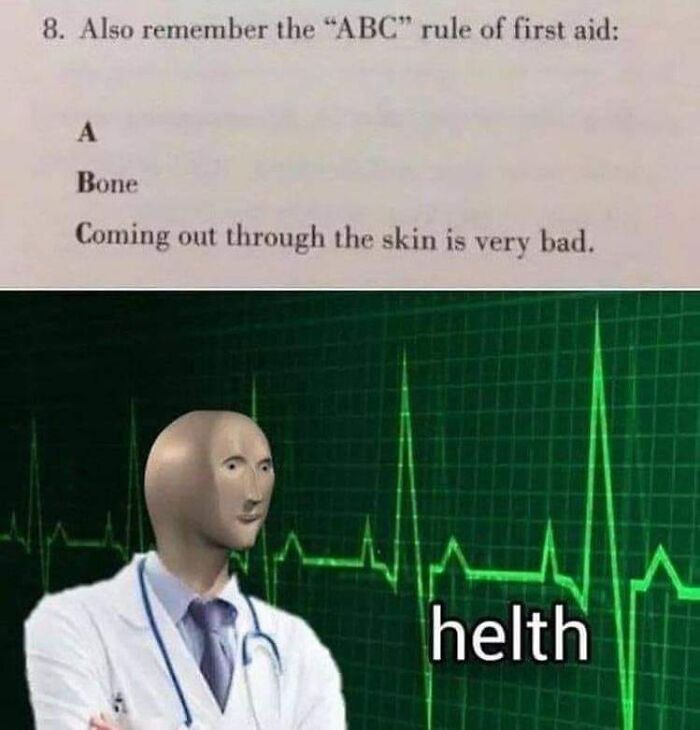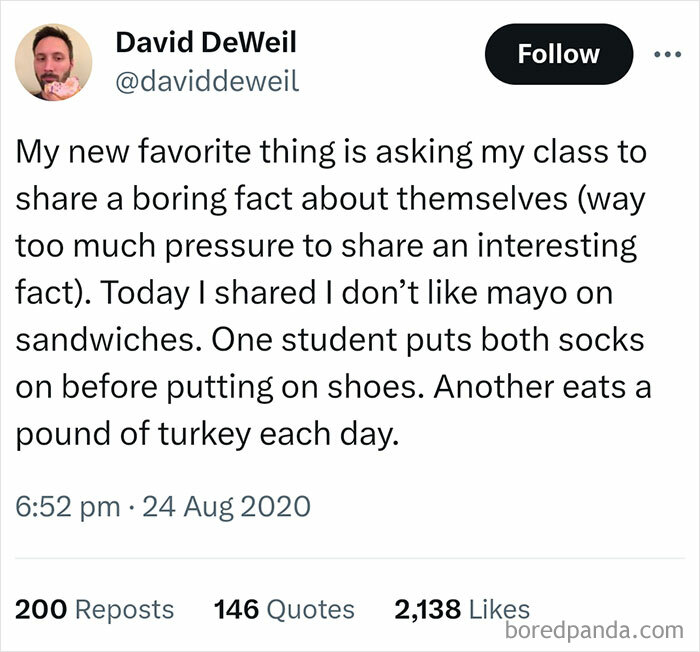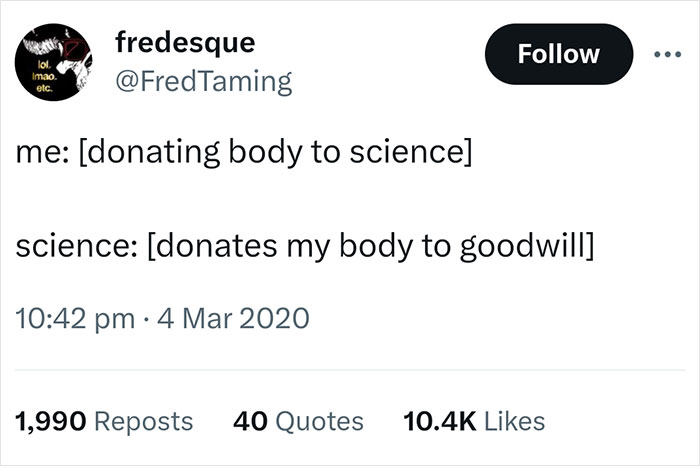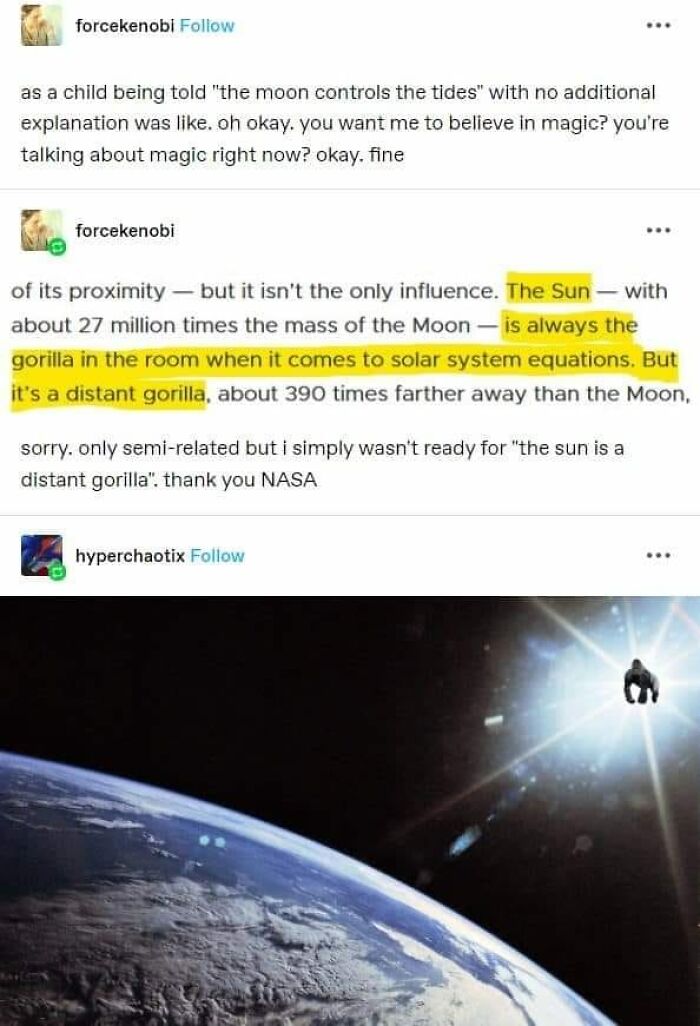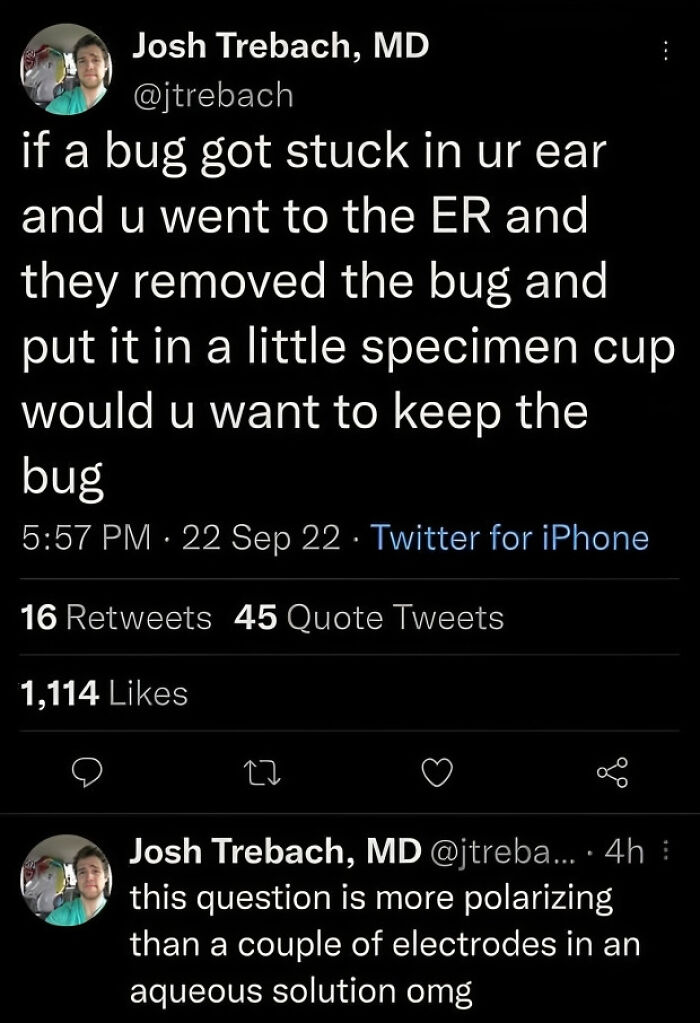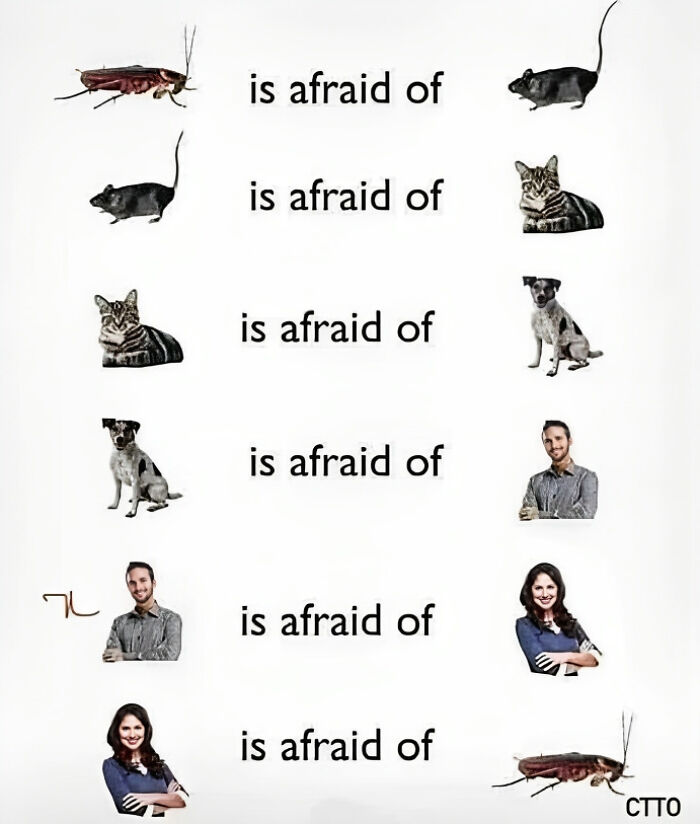Science is a lot of things. It’s a person in a lab coat experimenting with different materials as well as an astronaut bouncing around in zero gravity. It’s a geologist studying rocks and a mathematician perusing books. It’s an archeologist out on an expedition and a biologist monitoring different animal species.
That’s the great thing about science—it’s vast. It is also useful because of discoveries that allow us to advance in this world. It is exciting because it gives us new prospects to aspire to. It is ongoing, inspiring, devastating, beautiful and, also, funny.
The list below is all about the funny side of science. The jokes, the puns, the memes, and other ridiculousness that was collected and posted on The Lighter Side of Science Facebook group. Scroll down to see our favorites.
This post may include affiliate links.
Because science is so vast and multilayered, learning about it can be quite challenging. That’s partly because there’s so much to learn but also because it’s easy to get scared of how much there is to learn. That is where the science communication people come in. They are the ones that combine science and fun to make it appealing to all.
These are passionate people who make it their mission to spread the word of science to the common, non-science related folk. Sometimes they are researchers or medical professionals themselves and sometimes they are well-informed journalists that want the people around them to better understand the world. Either way, they are helping everyone to get excited about science.
Our whole attict is a bat sanctuary. They fly around the house at night, catching mosquitoes and we love the little buggers. Sometime they crash in the grass and I use welding gloves to gently put them back. When I grew up a tv tower was built nearby, the poor bats got disorientated and every morning I found dozens in tve grass
While popularizing science has been a thing since the invention of media and the printing press, the most notable figures emerged in recent years. One of them is Carl Sagan.
Sagan was an astronomer and did a lot of research into the possibility of extraterrestrial lives. However, it wasn’t his discovery or any of his 600 papers that made him famous. It was his show Cosmos that was aired in 1980 that made him undoubtedly one of the most popular scientists back in the day.
Of course, he wasn’t a nobody before he landed the show. The science community appreciated him for his research and advocacy, though some were a little put off by his speculative approach to science. Still, he taught at Harvard and then earned his position as a full-time professor at Cornell. He was also working with NASA since the inception of the US space program in the '50s. He even briefed Apollo astronauts before going to the Moon.
Now if it were on a Perch.. Tastes like Chicken... Chicken of the sea.
He became better-known to the public after he published his best-selling science-fiction book The Dragons of Eden, which won him a Pulitzer Prize in 1977. Because of this, he was invited to write and narrate Cosmos. In it, he delved into various different topics related to space and the world around us. He told fascinating stories that got people excited about our universe.
Remember, if it bites you and you die, its venomous. If you bite it and you die, its poisonous. If it bites itself and you die, its voodoo. If you both bite each other and neither of you die, its kinky.
The 13-part series was well received by both the audience and the critics. It won an Emmy and a Peabody Award, and also became the most widely watched series in the history of American television and held that record for a whole decade after. As a result, Sagan became a cultural icon.
There is no point in having these. Unnecessary and messy... time to phase these out... I'm staying inside with all my doors shut tight... and a blow torch in case my chair turns into a spider.
In the show, he often said “billions and billions” referring to and emphasizing the innumerable amount of things in the universe. This became his catchphrase and a part of the cultural vocabulary in the '80s. Musicians were including it in their songs and comedians were incorporating it into their routines.
Furthermore, now “sagan” can be used as a unit of measurement that is equivalent to a very large number of anything (at least 4 billion or more). His name is also used when referring to the number of stars observable in the universe. This is called Sagan’s number and at the moment it’s estimated to be 300 sextillion.
When you put it like that, it makes you wonder what on earth they were doing? Also, what was going through the mind of the first person to milk a cow? I suppose we should just be thankful that they didn't do it to a bull first.
I love it when a 4 year old is so much more intelligent than a grown person.
To this day, Sagan is highly admired by many. He made many people curious about the world and even nudged some towards scientific careers. And sure, this list can never compare to the perfect knowledge and entertainment balance that he achieved in his masterpiece of a series, but, hey, it’s still pretty darn funny.
Me, a Japanese speaker who has heard a love song that mentioned being “only 10cm apart”: sounds like a you problem
Do you mind? I'm trying to do my job here.
In all seriousness, the regenerating teeth would be awesome but wouldn't be feasible, because permanent, non-replacing teeth were actually one of the great innovations in the evolution of mammals. If your teeth are always falling out and growing back, you never run out, but you also can't develop feeding strategies that rely on your teeth meeting up in a certain way, a.k.a chewing. Permanent teeth allowed the first mammals to start specializing teeth to do different jobs; if their teeth were all in different stages of development, it wouldn't work, because once you get beyond simple plant-tearing pegs or sharp points, your teeth have to make contact with each other the same way all the time to be useable. ('The Rise And Reign Of The Mammals' is a fascinating book if you have any interest in evolutionary history.) Edit: book title
Dont go sticking your hands in those pockets, there is no loose change and if you touch me afterwards I'm gonna puke on your shirt... mucus is gross!! ITS A MUCUS pocket!! worse than a sweaty pocket!!
That is actually a great answer but sadly they will tell you back how Youtube is free for people and not edited by pedo socialist satanists like the washington post
These people have no idea what real research is. It takes years of practice/training and one of the key skills is to be constantly aware of one's own bias.
When I was in grad school, I took a 4-month course on research and statistics. Even though I'm not currently working in my field (clinical mental health counseling) I use what I learned in it all the time. Probably one of the most important classes I've ever taken.
Load More Replies...People who are subject matter experts will spend a considerable amount of time conducting their own research, attending academic conferences, speaking with other research and professionals, and papers. This meme is poking fun at the people who refuse to listen to the actual researchers and instead say that they’ve done their own research online and refuse to listen to what experts have to say.
Load More Replies...Okay, I’ve gotten to the bottom of this list, and my cat is still asleep on my shoulder, and never stays on me this long. I desperately need a shower and to get on with my day, but he’s softly purring in my ear. He also copies me if I take a deep breath in, it’s so cute! What do I do???
Okay, I’ve gotten to the bottom of this list, and my cat is still asleep on my shoulder, and never stays on me this long. I desperately need a shower and to get on with my day, but he’s softly purring in my ear. He also copies me if I take a deep breath in, it’s so cute! What do I do???

 Dark Mode
Dark Mode  No fees, cancel anytime
No fees, cancel anytime 




